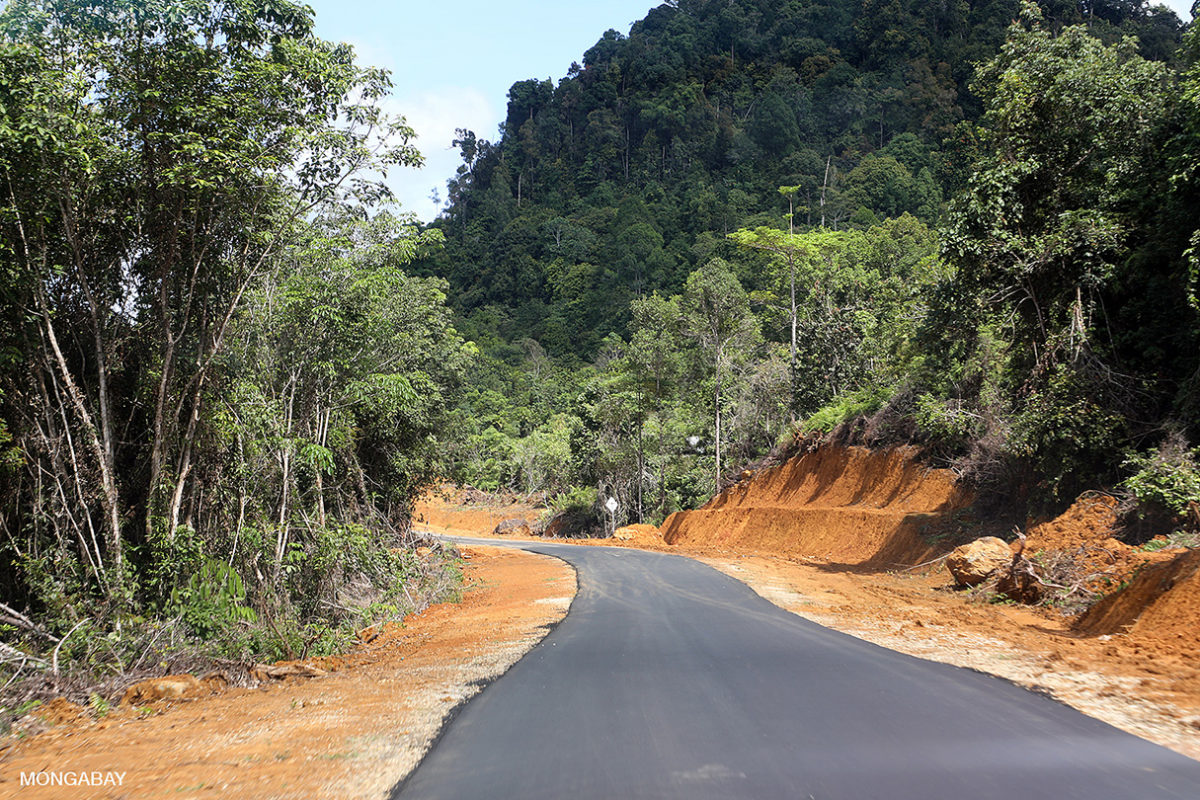Western corporations have been inflicting environmental damage overseas for generations, but the sharp rise in the scale of China’s international ambitions and operations in recent years has put a spotlight on the impact of Chinese companies abroad. The emergence of China’s Belt and Road Initiative, the foreign policy strategy put forth by Xi Jinping that aspires to invest trillions of dollars in infrastructure projects globally, has further ratcheted up the stakes.
Within China, the central government has been emphasizing the importance of protecting the environment, including establishing nature reserves, promoting wind and solar energy, setting goals for reducing the “energy intensity” of its economy, and talking up the idea that the environment cannot be sacrificed for the sake of economic growth. But this mentality did not materialize overnight: There have been decades of hard-fought legal battles in China on behalf of the environment and communities affected by pollution.
Jingjing Zhang is one of those crusading environmental lawyers who helped put China on its domestic trajectory. Exposed to pollution that spewed from the state-owned chemical company where her parents worked in western Sichuan province in her youth, Zhang joined the Center for Legal Assistance to Pollution Victims (CLAPV), China’s first nongovernmental environmental law organization, while in law school. With CLAPV she went on to win a class-action lawsuit against a chemical company for water pollution in Fujian province, a victory that led to her being dubbed “the Erin Brockovich of China,” a description she expresses “mixed feelings” about.
“In China, they changed the name so it didn’t use ‘Erin Brockovich’ but the Chinese characters meaning ‘Never never give up,’” Zhang told Mongabay. “The Chinese name of the Erin Brockovich film very much represents my approach: I never give up the fight on behalf of local communities struggling against big polluters and big corporate powers.”

Her experiences in China led to the realization that she needed to do more than provide legal aid to victims of pollution and other environmental problems.
“[I] saw any one case where one individual or family got compensation didn’t address the whole situation. It didn’t solve the social conflict, the pollution, and the injustice caused by rapid development in China,” she said. “[We] developed public interest litigation, which went beyond the individual tort case to address issues at a more systemic level, challenging the government and polluters.
“Public interest litigation became a very common way for a civil society organization in China to achieve their goals on the environment. And because it was a technical legal issue, rather than a political issue, this approach doesn’t offend or challenge Chinese government too much. It leaves us certain space to do our work.”

Now living in the U.S., Zhang has switched her focus to Chinese companies operating overseas. In the past five years, Zhang has traveled to about 20 countries for research and assisting local communities in their battles against Chinese companies that have inflicted environmental damage. For example, Zhang provided testimony on behalf of Kañari-Kichwa Indigenous communities in Ecuador who were affected by a Chinese mining company operating in Cajas Nature Reserve. She is also working with communities in Guinea that have filed complaints against China Hongqiao Group, a company that is part of a bauxite consortium.
Zhang says her work with communities and NGOs often comes at a relatively late stage. Getting involved earlier could give her more leverage. But an even bigger opportunity, says Zhang, would be getting courts in China to hold Chinese companies accountable for their actions overseas.
“There has yet to be public interest litigation filed in China on issues beyond China’s borders,” Zhang said. There have been no cases addressing environmental or human rights issues caused by Chinese overseas investment. Therefore public interest litigation is limited to domestic issues, but I certainly want to use impact litigation to address the issue in the BRI host country and then use Chinese courts. This would force Chinese companies to comply with not only Chinese laws, but also host countries’ laws.”

But she concedes it won’t be easy, due to jurisdictional issues. However, a recent case involving Shell Oil in the Netherlands and the U.K. could prove noteworthy because Chinese courts often look at precedents established in other countries to inform their own legal decisions.
“We consider the Shell Oil case in the Netherlands and the U.K. very significant,” she said. “Both cases are transnational: the parent company is based in these two countries, but the damage occurred in Nigeria. In the Netherlands, the result is clear: the parent company has the legal liability and is responsible for the damage. The U.K. case is not as far along in the procedure.”
Zhang spoke about her career, what strategies could lead the Chinese government to establish regulations governing overseas investment, and the influence of government policy on Chinese companies during a series of conversations with Mongabay Founder Rhett A. Butler.

